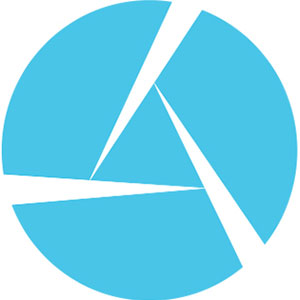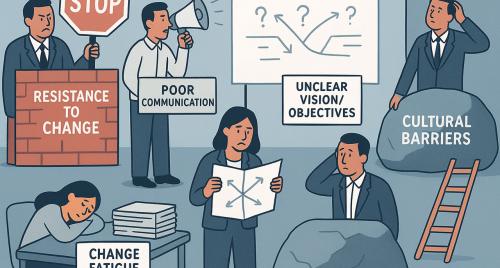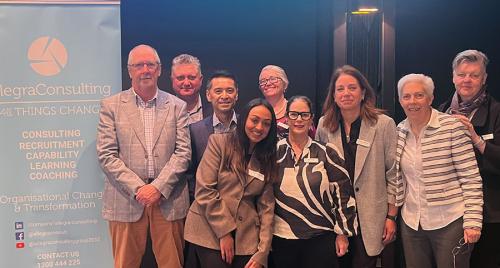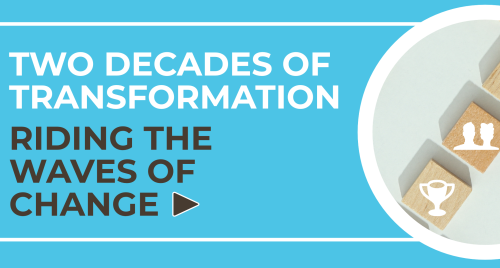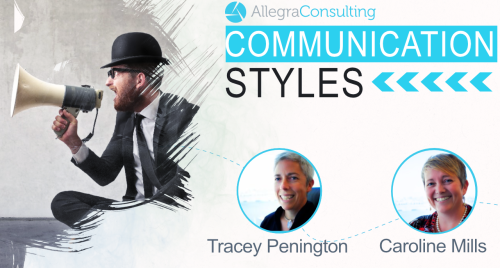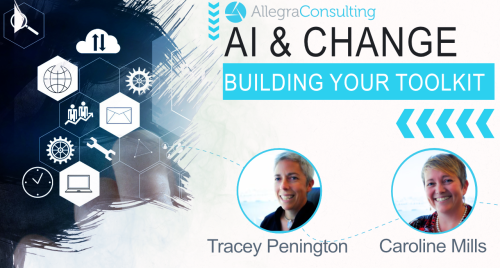
In 2020 there are many differing views on the latest thinking around Change Management Frameworks. Over the last 20 years or so, various models and methodologies have been developed and used extensively across the globe.
Some of these models include ADKAR, Prosci, Lewin’s model, Kotter’s nine steps, Kubler-Ross model, McKinsey 7 S model, People-Centred Implementation etc., and more recently there has been a focus on Agile and Lean Change. Allegra Consulting has been well placed to hear the views, experiences and successes across many change programs using a wide range of approaches by many excellent practitioners.
There are pros and cons with each framework and potential downsides and challenges including whether a framework has a holistic focus.
As thought leadership and worlds best practice has evolved in change management, we have seen the benefits that thinking differently and holistically can bring.
The principles of most Change Management frameworks are, broadly very similar and provide us with guidance, structure and governance. However, with ever-increasing and faster-paced change, our approach needs to be dynamic, adaptive and iterative. Relying on any one framework is not always recommended by Change Management thought leaders today.
We must develop capabilities that support a pragmatic and tailored approach to our change programs. In some situations, a leaner approach may work better, and in others, introducing a hybrid approach may work best. The key is understanding each change program, the environment, maturity, level of change capability and the main challenges. Then ask yourself - what would work best for this program in this particular situation?
Ask yourself and your team, peers and leaders probing questions to establish the facts and be clear on why you are developing certain artefacts. Ask yourself, “What is the purpose and desired outcomes for each of the planned activities?”
Being knowledgeable about the principles of good change management, the different frameworks and having your own tool kit will give change practitioners options. Over time, practitioners who have the confidence to try new creative ideas will thrive. Not all new ideas will work, but we must encourage new creative thinking to evolve in our profession. If something is not working, change your approach and keep adapting it to be what is needed right now.
When any organisation assesses its change management maturity and plans to build capability across the enterprise, it is essential to build in flexibility and pragmatism. Change frameworks will not make your change program successful in isolation.
Consistency in our change management approach is important - language, standardised tools and templates, the way we measure success, but equally important are the associated skills and capabilities that enable practitioners to be successful. The core capabilities and skills that help drive change management success are the same regardless of the frameworks we use. Allegra Consulting recommends that Change Frameworks have built-in flexibility and encourages creativity so we can tailor our approach to achieve best practice.
